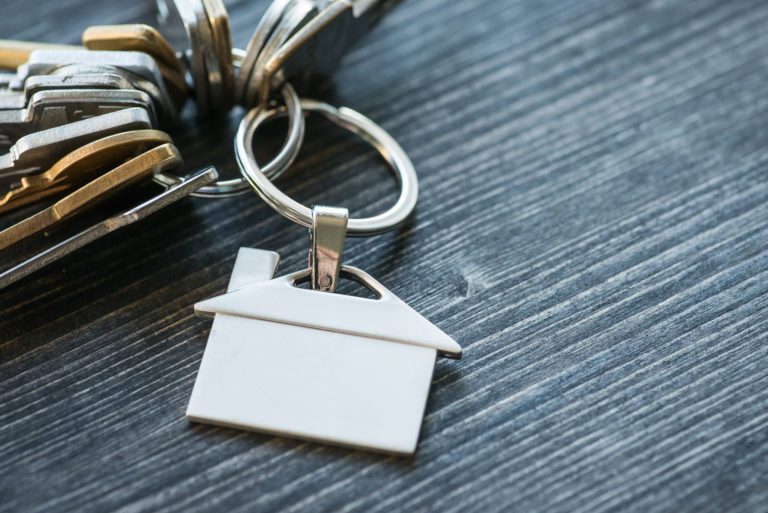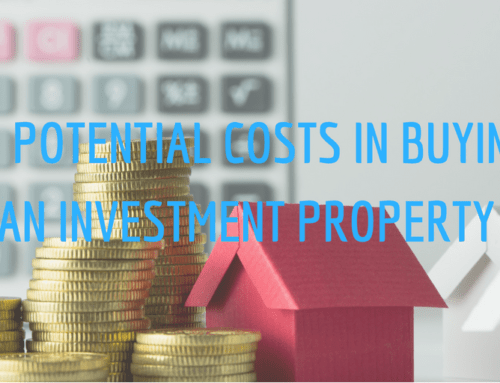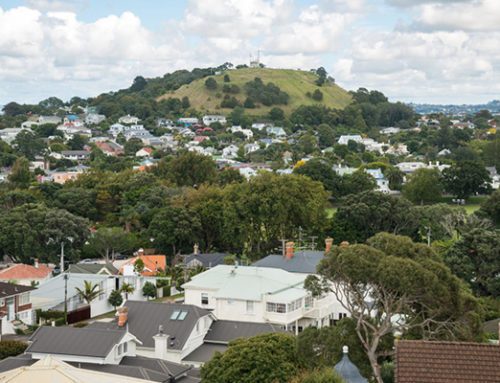
It would be easy to say everyone
Because, in the last 50 years, there has never been a 10-year period where prices have ended up lower than they started. However, historical data like this is not necessarily reassuring if you’re worried about buying at the peak of the market, or just before the “property bubble” is about to burst.
But, looking at the current housing market, it seems unlikely that there will be any major downward movement. If you consider that there is a current shortfall of 30-50,000 houses, and demand is growing by approximately 13-15,000 per year, combined with the fact that we can only build around 7-10,000 houses a year, it’s clear that supply is unlikely to exceed demand any time soon. And demand drives up prices.
So, who should invest? We believe that if you have enough equity in your existing property (or properties) and are prepared to invest for ten years or more (to absorb any short-term market fluctuations), then it’s something that you should consider. Of course, overall affordability and other financial goals (such as the kids’ education costs) also need to be considered. But even if you are nearing retirement, there are options that may be suitable.
Is property a better investment?
Let’s do some sums. If you buy a property in Auckland, Hamilton, or Tauranga (the “golden triangle”), based on current interest rates and tax policy, you’ll probably need to top it up by around $150-175 per week after tax. As an alternative investment comparison, we’ll look at a stock market-based investment of $200 per week over 25 years. For the purposes of the exercise, we’ll ignore the effects of inflation.
Assuming the stock market makes an optimistic return of 7% per annum, you would end up with a portfolio valued at $632,490, or a profit of $382,000.
On the other hand, a $700,000 rental property with a long-term growth rate of just 3.5% would be worth $1,654,000 after 25 years. Even removing the current tax incentives and the top-up cost of funding the property for interest-only repayments, your net return would be $922,800 once the debt had been repaid. In this scenario, the stock market would have to make 11% per year to compete with property growing at just 3.5%.
Why should I invest?
Consider this real-life case study: A mid-thirties married couple, both working, with two young kids, were living month to month. They had a $300,000 mortgage on a $500,000 home and earned $150,000 a year. All of their income was being spent each month apart from what went into KiwiSaver. They had no proper retirement plan.
With SurePlan’s guidance, they bought a three-bedroom house in South Auckland for $450,000 which they rented out, meaning they only needed to top up the mortgage by $50 per week. Four years later, the property was valued at $660,000, and the couple was seven years ahead of schedule in their plan to have a $100,000 annual after-tax retirement income.
If you have equity, time, and the ability to meet modest weekly costs of $150-$200, you could be using property investment as a powerful tool in your retirement savings plan.









